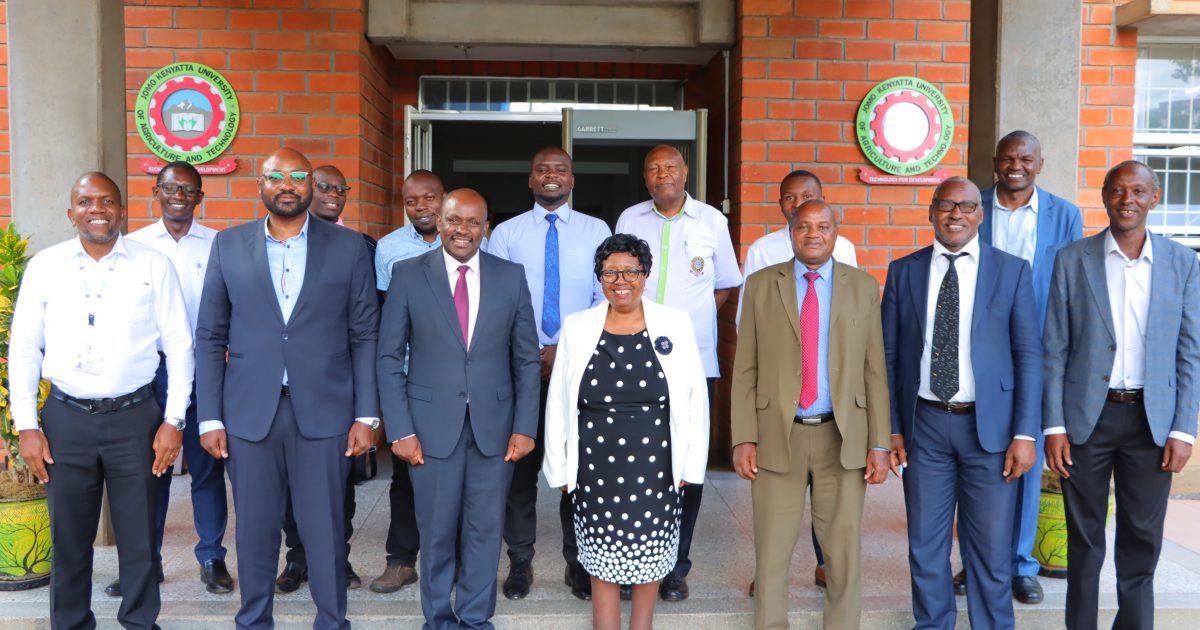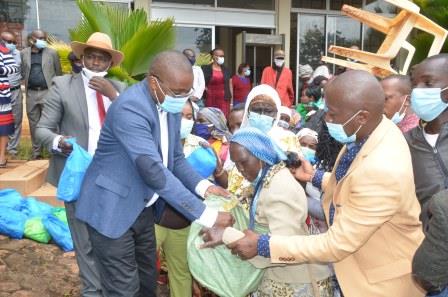To strengthen Kenya’s innovation ecosystem, Jomo Kenyatta University of Agriculture and Technology (JKUAT) and The Kenya National Innovation Agency (KeNIA) will combine resources and expertise to commercialize intellectual property (IP).
At a meeting held at JKUAT on Tuesday, Dr. Tonny Omwansa, Chief Executive Officer of KeNIA, stated that JKUAT is a significant contributor to Kenya’s innovation landscape and expressed KeNIA’s intention to support and expand the university’s activities as a leading institution in IP commercialization,” Dr Omwansa said.
He explained that KeNIA has the mandate to develop and manage national innovation systems, and JKUAT on the other hand has been tasked to produce applicable knowledge and innovations that necessitate a coordinated strategy between the two institutions.
“We recognize the interdependence between KeNIA’s success and that of Kenyan universities and research organizations and are therefore actively working to establish universities as centers of innovation excellence,” the CEO added.
He emphasized KeNIA’s dedication to partnering with universities to cultivate a culture, incentives, processes, and partnerships that will significantly enhance Kenya’s innovation and contribute to national prosperity and prestige.
While welcoming the KeNIA delegation, JKUAT Vice Chancellor Prof. Victoria Wambui Ngumi stated that the institution had made considerable efforts to embed a culture of innovation and creativity within its faculties.
She further noted that JKUAT currently holds 17 of the 51 patents acquired by public universities and research institutions in Kenya, which translates to a 31 percent ownership stake.
“JKUAT has made a deliberate shift to become a research and entrepreneurship-focused university, currently conducting research and innovation in 17 key areas,” Prof Ngumi added.
The university, she stated, currently enjoyed a cohort of highly trained experts across the board in various facets of the IP value chain, representing a significant resource that KeNIA can utilize in its endeavors to support local universities and other institutions.
The two teams held discussions relating to IP protection, commercialization strategies, and the various methods of technology transfer.
By Hellen Lunalo



